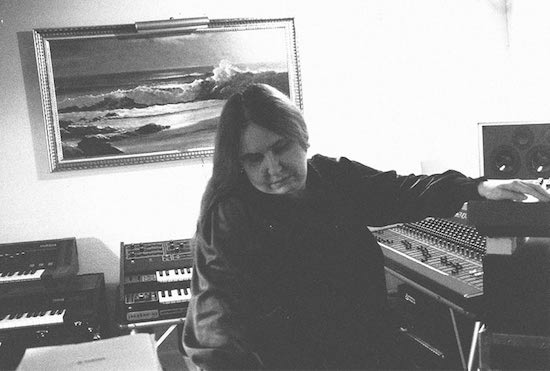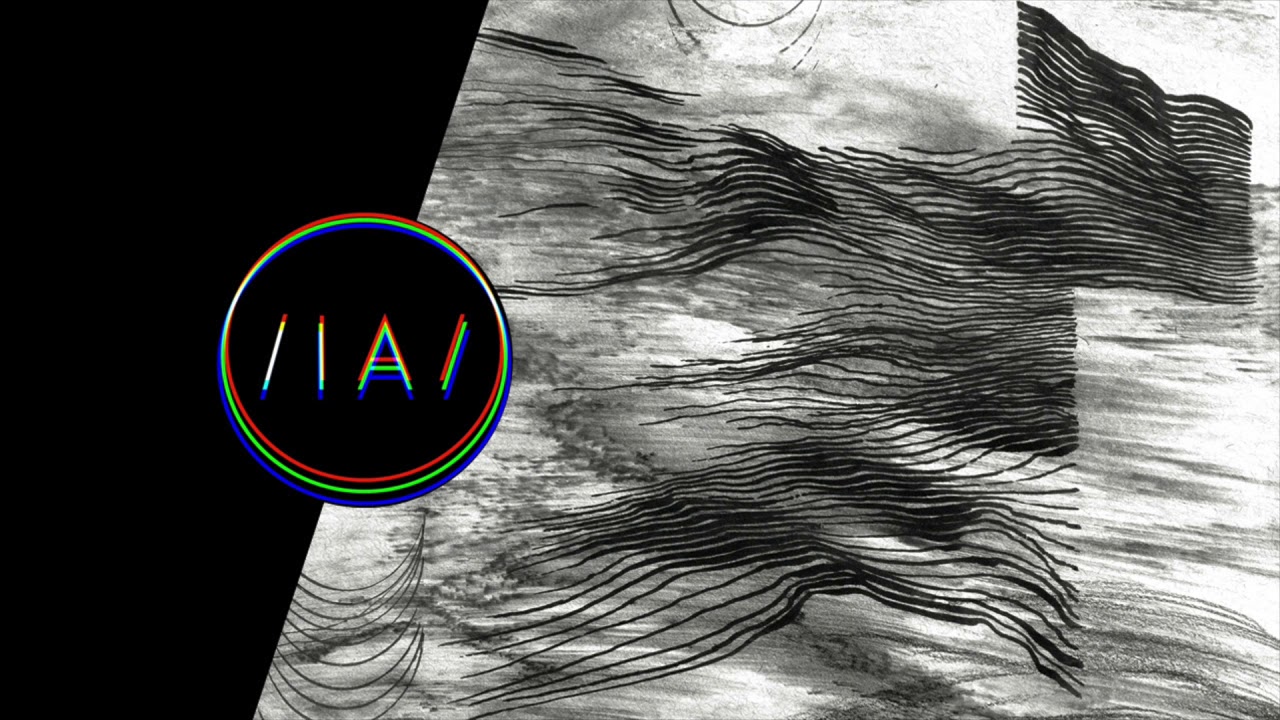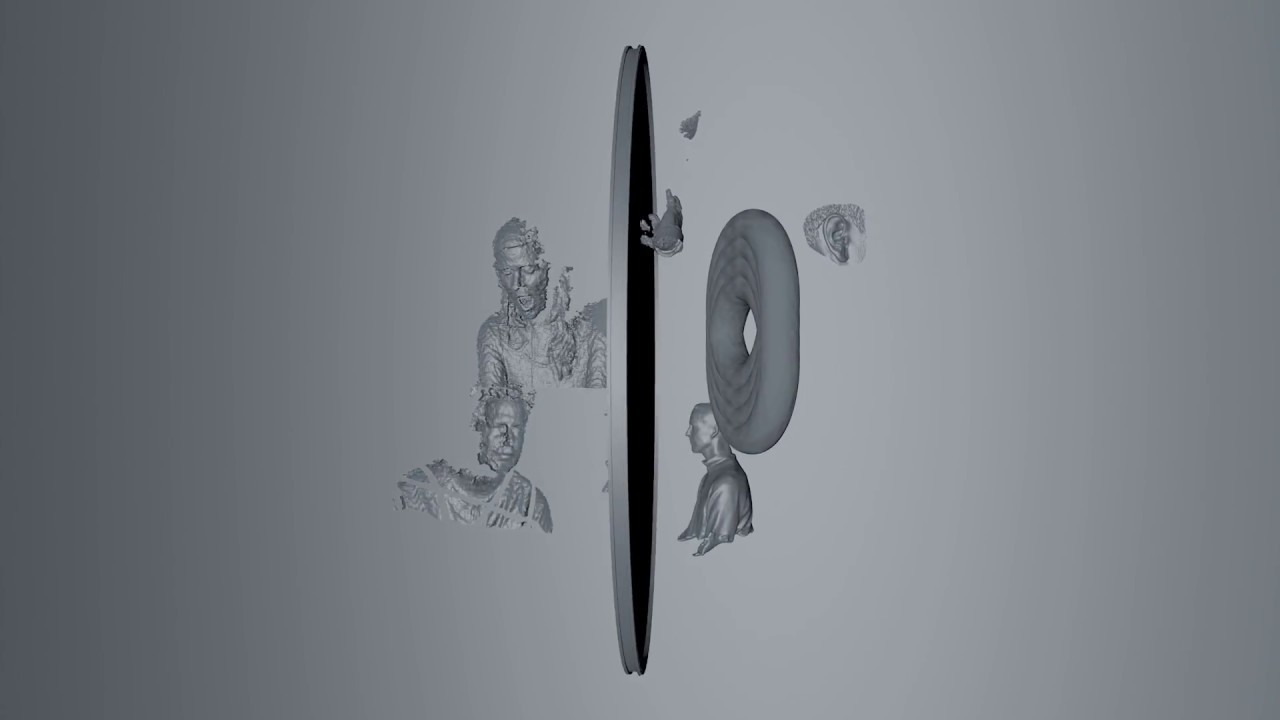Pauline Anna Strom
The announcement of a new club venture in London should be met with much relief in the age of endless thinkpieces and pontification about club closures and nightlife in the city apparently being ‘dead’. It’s somewhat odd then that I met the recent announcement of E1, a new venture opening on NYE, with cautious optimism. I wish any new venture the best of luck of course and any venue of a certain size no doubt has to go down a certain route with regard to their booking policy in order to get people through the door. Certainly also the suggestion that the owners will be using the 24-hour license granted to the venue more than the previous owners of the space did – it was formerly known as Studio Spaces and largely operated by promoters The Hydra – is promising. However, it only feels like E1 is entering into an already oversaturated market, filled with clubs and promoters all vying to book the same certain pool of DJs that primarily play house and techno.
As Resident Advisor’s Angus Finlayson pointed out earlier in the year in this excellent piece on ‘The Promoter’s Dilemma’, these venues competing to book the same names over and over, and naturally lock down some semblance of exclusivity from their bookings, only drives up booking fees as they look to outbid each other. These costs are then shifted onto us, the clubbers, and also push out the smaller promoters and venues (granted, some DJs and booking agents do still recognise the power of keeping everyone on side and make space in their schedules for those smaller gigs). Of course, the only answer for those without the big bucks is to simply be more creative with their booking policy, and thankfully there are plenty of nights taking place in smaller venues around London offering something exciting right now. The line-ups of regular parties like No Symbols, Whities, Darkroom, Wild Combination and many others are all offering a snapshot of the more interesting reaches of their respective fields, and many of which are importantly building communities around them too. This is no doubt the case in other UK cities like Manchester also where the spectre of The Warehouse Project looms over other clubs and promoters.
It’s hard to predict when (if ever) the bubble will burst for all of those at the top fighting it out to book the higher reaches of Resident Advisor’s annual DJ poll, and I certainly play my own role in it all in still quite frequently attending parties at many of these venues. More and more venues entering an already crowded market do have their consequences though in driving up artist fees as stated above, so it’s important that we be cautious about certain nightlife ventures and the knock-on effect they can have on clubbers and the wider nightlife scene at large.
Pauline Anna Strom – Trans-Millenia Music
(RVNG Intl.)
Collecting 80 minutes of some of Bay Area synth artist Pauline Anna Strom’s finest work recorded between 1982 and 1988, Trans-Millenia Music takes its title for Strom’s very first release, Trans-Millenia Consort. As that name suggests, Strom was heavily interested in looking beyond the present for inspiration in her music – she recounts in this new compilation’s liner notes that “I have always been in touch with the past more than the present”. Taking further inspiration from the work of Brian Eno and Tangerine Dream, amongst others, she set out crafting her own enchanting take on the ambient reaches of their material armed with little more than a Tascam 4-track recorder and a small number of synths.
Much of the work featured on Trans-Millenia Music is suffused with a more overtly new age and spiritualist edge than the producers she took early inspiration from. Opener ‘Freedom At the 45th Floor’ quickly lets us in on the unparalleled beauty of Strom’s work, while you could easily trace a line between the sensory psychedelia of ‘In Flight Suspension’ and recent ambient works by producers such as Huerco S., Khotin and Cloudface. ‘Energies’ sounds like the kind of spacey, ambient techno that you could imagine having found a home amongst the ‘90s releases of Warp or R&S. Elsewhere, ’Rain On Ancient Quays’ is a highlight, with Strom deftly creating the imagined sound world of a storm, the incessant trickling of water and occasional thuds coming off like heavy waves lashing against a cliff. ‘The Unveiling’, meanwhile, sees Strom experimenting with drum machines before giving way to wind chimes and characteristically twinkly melodies. As the first officially authorised overview of Strom’s work, Trans-Millenia Music comes good on providing a welcome introduction for those who aren’t familiar to a mesmerising and somewhat under-appreciated sound artist.
LOFT – Three Settlements Four Ways
(Wisdom Teeth)
Following the off-kilter UK techno-adjacent stomp of 2016’s ‘Heffalump’, with a time signature that had the ability to throw off the most experienced of DJs, LOFT returns for a second release this time via Facta and K-Lone’s Wisdom Teeth label. Present across the four-tracker once again are the shapeshifting time signatures of the producer’s Astral Plane debut sitting somewhere between the Bristol sound pushed by labels like Livity Sound and Timedance and less 4×4-concerned, deconstructed club patterns.
‘Filton recal’ is centred around woozy pads, barely there acidic squelches and shifting hi-hats careening around ever-building layers of percussion. ‘funemployed’ is more minimal by comparison, its metallic, shapeshifting beats offered fine accompaniment by vaguely cinematic waves of synth. It’s on this track that LOFT perhaps seems most aligned with past Wisdom Teeth releases as well as those of their affiliates, particularly in Bristol, but the producer tears the rulebook apart at the same time, creating something that is simultaneously functional and confounding. ‘Oh Well, We’re All Fucked Now’, surely a contender for track title of the year, recalls M.E.S.H. at his most confrontational with its volley of thwacking drums and twisted vocal samples. Having created one of last year’s finest understated club tracks in ‘Heffalump’, Three Settlements Four Ways gives LOFT space to explore their sound further pushing out into similar, but more unorthodox, territory.
CultureClash – CultureClash
(Lost Futures)
CultureClash’s roots trace back to Akin Fernandez, and the revered techno label that he founded in 1986 in Irdial Discs. with the label boss having tapped up the Utrecht trio of Arno Peeters, Sander Friedeman and Richard van der Giessen to put together an hour-long session for his Kiss FM show in 1992. 25 years on, that session has been edited into individual tracks for the first time to make up the first release from Lost Futures, a label focusing on “experimental and often radical approaches to dance music from the past”.
Originally coming together as The Awax Foundation, the trio of DJ Zero One (Friedeman), TJ Tape TV (Peeters) and DJ White Delight (van der Giessen) took inspiration from the early techno of Detroit and Chicago, while also leaning heavily towards acid house. They soon became interested in exploring how to produce electronic music with non-Western instruments, which led them to form the CultureClash project. With no access to such instruments though, they instead collected an extensive library of samples, and set out pulling a batch of material together with a Yamaha TX16W sampler, an Atari 1040ST computer, a cheap mixing desk and a couple of synths and FX machines.
The result is a collection of timeless sounds, many of the record’s tracks sounding like they could have been produced this year rather than over two decades ago. ‘Mystic (House Dub)’ flares with its menacing bassline, while ‘Sultan Groove’ is a speedy, riotous collision of percussion. Elsewhere, ‘Mama Africa’, opening the record, and ‘Khoomiy’ recall Muslimgauze at his most direct. Recorded in a single take and without any prior rehearsals, CultureClash is an astonishing work, and a very promising debut from Lost Futures.
K-Lone – In The Dust EP
(Soundman Chronicles)
Between the fine output of the above-mentioned Wisdom Teeth, the label he runs with producer Facta, and his new release, K-Lone is on something of a roll at the moment. Relaunching the dormant Soundman Chronicles, the bass music-focused imprint of Parris, the Brighton producer’s In The Dust EP features some of his best work to date. Opener ‘Old Fashioned’, which takes up a full side of the record, sees K-Lone move into territory more akin to Basic Channel and Chain Reaction than to his peers, marrying the warm strains of dub techno with some serious bassweight, and minimising the metallic drums of past work to a blunted half-time pace.
On the flip, ‘In The Dust Of This Planet’ centres around shimmering bells that hint at melancholy, the notes twisting and repeating round and round – you could be forgiven for wanting it to go on a few minutes longer at the end. The record is completed by a remix of ‘Old Fashioned’ by Bristol’s Young Echo duo O$VMV$M, who maintain the sparse minimalism of the original, without a single kick drum in sight. As with the original, waves of bass underpin the blunted, tranquil pads – the only obvious remnant of the original track – while a single drowsy air horn nods to the original track’s dub-heavy influences. Alongside ‘Woniso’, the track which featured on a Wisdom Teeth release earlier this year, In The Dust EP finds K-Lone branching out into more experimental territory than the more overtly dance floor-conscious sound of early records. The two tracks of his on the record certainly reap the rewards of that exploration.
Joe – Tail Lift / MPH
(Hessle Audio)
With a single one-track release to his name since 2013, in a 2015-released edit of Bobby Mcferrin’s ‘Thinkin’ About Your Body’, the news a couple of months ago that Joe would return to Hessle Audio for a new two-track release was understandably met with much excitement and anticipation. Renowned for a particularly idiosyncratic, but always party-conscious, approach to production, you’d be hard-pressed to find a foot out of place in his perhaps small but perfectly formed discography, and his form continues here.
‘Tail Lift’ on the A side is a dizzying blend of carnival whistles, hollering chopped up vocal snippets and comedy drum breaks. One of the producer’s most striking characteristics has long been his unorthodox approach to crafting club records. ‘Claptrap’, for example, was centred around little more than a bassline and a mass of well-arranged claps, while ‘Slope’, recently employed to excellent effect by Ben UFO during his set at fabric’s 18th birthday, commands a dancefloor in the subtlest of ways. ‘Tail Lift’, by contrast, aims more directly at crowd frenzy, and it’s no lesser for it – a wealth of oddball samples show Joe still has an eye for bringing humour to club music. On the other side, ‘MPH’, a track obsessed over by many people since first appearing uncredited in Joy Orbison’s 2014 Essential Mix for BBC Radio 1, drops the pace. Smudged synths loop over and over, their earworm-like quality growing with every eight-bar cycle. Joe might have been away for a long time, but this latest record shows he hasn’t lost his touch for club music that is both bold and highly functional.
Toresch – Untitled
(Offen Music)
Returning to Vladimir Ivkovic’s Offen Music label for their second release, Düsseldorf trio Toresch, made up of Salon Des Amateurs co-founder Tolouse Low Trax, Viktoria Wehrmeister and Jan Wagner, serve up another killer slab of coldwave, EBM-referencing breakouts on Untitled. Their sound on this second record is just as imbued with their Düsseldorf heritage and the post-krautrock tendencies of Salon Des Amateurs, a focal point for the city’s nightlife, as their 2016-released first effort.
‘Guayabame’, opening out the record, is a clash of kick drums and assertive Spanish vocals that demonstrate the trio can work up a serious groove with the most minimal of elements. ‘Las Locas’ is more sludgy, a sluggish drum loop pulled along by the acute delivery of Mexican-born Wehrmeister’s words, while ‘Tocar’ pulls in the chuggy brilliance of Tolouse Low Trax’s hip-swaying rhythms, over whacked-out, hallucinatory synths. Naturally, the tracks on Untitled will fit snugly into the sets of the likes of Lena Willikens, Vladimir Ivkovic and other alumni of the Salon, all four tracks conjuring up the kind of druggy delight that characterises the main players of Düsseldorf’s electronic music scene.





